Attention deficit hyperactivity disorder (ADHD) is characterized by hyperactive and impulsive behaviors. Frequently, people diagnosed with ADHD have trouble paying attention or focusing on one task at a time.
In addition to attention issues, hyperactivity, and impulsiveness, ADHD can affect work patterns, family relationships, and social relationships. However, not every person diagnosed with ADHD has the same problems in all areas.
ADHD and addiction are common co-occurring disorders and can carry very similar symptoms. Those who have ADHD may be more susceptible to use drugs or alcohol for coping with the symptoms associated with this disorder. In some cases, people living with ADHD get hooked on stimulants while they’re being treated.
Continue reading to learn more about the connection between ADHD and addiction.
What Is Attention Deficit Hyperactivity Disorder (ADHD)?
ADHD is a mental health disorder that is one of the most commonly affecting young children. Symptoms of attention deficit hyperactivity disorder (ADHD) can manifest in children as young as age three and can progress to adulthood.
Although ADHD is usually diagnosed at an early age, it can still be misdiagnosed, and symptoms can last and not be treated for the rest of that individual’s life.
As a result of a misdiagnosed adult’s ADHD symptoms, the adult may struggle with depression, anxiety, and substance abuse.
It is common for ADHD and substance abuse to co-occur, which means both disorders require treatment to be managed. To cope with the symptoms of ADHD, those who suffer from it might turn to drugs or alcohol.
Common Symptoms Of ADHD
People who do not have ADHD and exhibit symptoms of ADHD can control their symptoms without requiring professional attention or medication. But people who do have ADHD need help from professionals.
With ADHD, these symptoms occur frequently and can last for at least six months.
Signs and Symptoms of ADHD in Children
A child with the disorder can be diagnosed at an early age if they present at least six of the below symptoms.
Symptoms can include:
- Difficulty sitting still
- Always moving
- Running or climbing inappropriately
- Talking excessively
- Trouble focusing
- Get easily distracted or get bored before a task is complete
- Not listening when spoken to
- Having difficulty following instructions
- Losing or misplacing things
- Constantly fidgeting or squirming
When a child has ADHD, they will show a consistent pattern in their behavior that disrupts their general functioning and development, which exceeds what is developmentally typical. It is imperative that parents and professionals identify these symptoms early to treat and manage them as soon as possible.
The later the diagnosis, the more challenging it is for professionals to treat, since ADHD can have similar symptoms to various disorders it’s more difficult to pinpoint the problem.
Signs and symptoms of ADHD in Adults
Common symptoms of ADHD in adults include:
- Forgetting names and dates
- Missing due dates
- Poor concentration
- Insomnia
- Depression
- Anxiety
- Being easily distracted
- Being unorganized or messy
- Relationship problems
Types Of ADHD in Adults or a Child
ADHD comes in three types. ADHD can manifest itself in one type or a combination of two.
The following types of ADHD are:
Hyperactive/Impulsive Presentation: When an individual is a hyperactive and impulsive type, they feel a constant need to move. They will fidget, squirm, talk nonstop, struggle to stay seated, or yell out comments.
Inattentive Presentation: Those with inattentive ADHD usually are less disruptive and active than those with other forms such as hyperactive.
Individuals who had inattentive ADHD will:
- Miss specific details
- Misplace things
- Become confused easily
- Have difficulty following instructions
- Process information slower than most
Combined Presentation: Combined type is characterized by six or more symptoms of each type. Examples of this include:
- Fidgeting
- Being unable to remain seated
- Talking nonstop
- Being impatient
- Struggle to follow instructions
- Become easily distracted
- Losing or forgetting things
A simple test cannot make an ADHD diagnosis. Early symptoms often manifest in children, and if properly diagnosed, these symptoms can be managed appropriately.
The overlapping characteristics of ADHD make it easy to overlook this disorder. People with ADHD develop different symptoms as they grow, which makes identifying them harder.
ADHD And Substance Use Disorders
Studies have shown that children and adults who have ADHD can be diagnosed with additional co-occurring conditions. For children with ADHD, other disorders that occur include learning disabilities, speech issues, or anxiety.
On the other hand, adults will experience depression, anxiety, bipolar, and substance abuse problems are common co-occurring conditions.
There are many individuals that will self-medicate to maintain and cope with their ADHD. While using substances to manage ADHD might help in the short term, it only masks the problem. This can increase the risk of developing an addiction.
As a result of substance abuse, people will develop behavioral issues. These symptoms can make individuals with ADHD more likely to use drugs or alcohol than people without the condition.
Misuse Of Drugs Used To Treat ADHD
It has been reported that about 21 percent of males with ADHD and 13 percent of females with ADHD abuse alcohol and drugs. Different ADHD medications include stimulants, non-stimulants, and antidepressants.
Stimulants: Focusing on thoughts and ignoring distractions are two advantages of these stimulants. The most common form of medication stimulants is Adderall and Ritalin. These drugs work in the same way, by increasing concentrations of norepinephrine and dopamine in the brain.
Non-stimulants: When stimulants don’t prove to be effective, non-stuimlants are administered to help the individuals concentrate and control their impulses.
Antidepressants: Oftentimes, antidepressants are prescribed to adults or children who are experiencing depression. Generally, these are not as effective as stimulants and non-stimulants.
People taking large unprescribed doses of stimulants for ADHD, such as Adderall or Ritalin, are at a greater risk of becoming addicted.
ADHD and Addiction Treatment
Treatment for ADHD and addiction involve a dual diagnosis program that treats both simultaneously.
In addition to treating both disorders, it is important to instill self-control in ADHD sufferers so they won’t overreact psychologically.
Counseling, family therapy, and child therapy are key components of a successful recovery program for individuals with ADHD.
An effective program focuses on:
- A change in destructive thought and behavior that promotes substance abuse
- Encouragement of internal motivation and self-esteem
- Modifying behavioral patterns and adjusting medication to treat symptoms of ADHD
- Learning about addiction trigger and learning how to cope
- Partner and family education on ADHD
Focusing on these core elements allows individuals struggling with ADHD and addiction to live a healthier and practical life.
Steps For Change Is Here to Help
If you or a loved one is struggling with addiction and ADHD, Steps For Change is here to help. We offer caring and comprehensive therapy for all your mental health needs.
Our therapists are prepared to work with you to create a plan dedicated to giving you a healthier life. For more information call us today or book an appointment to find out how you can get help.


